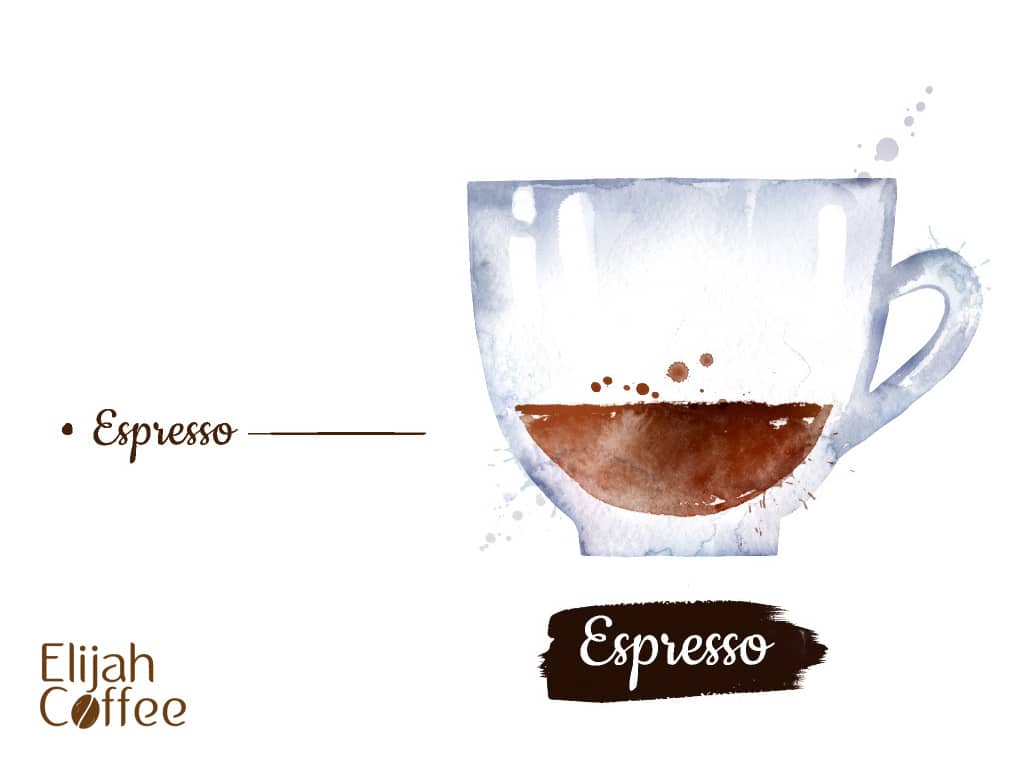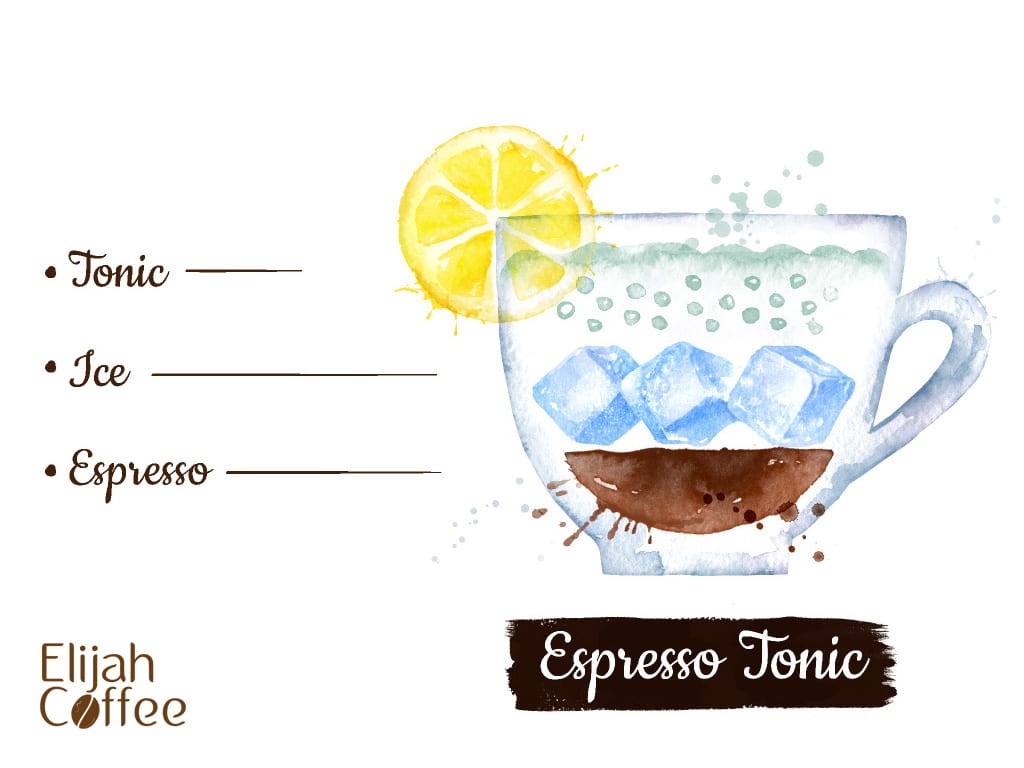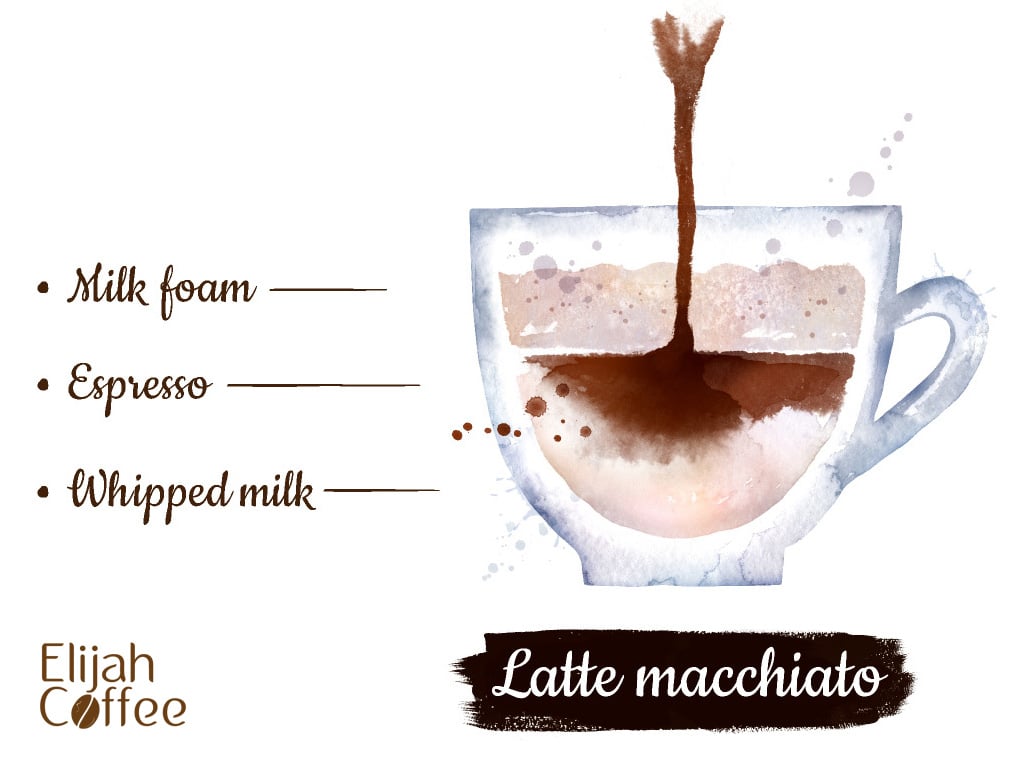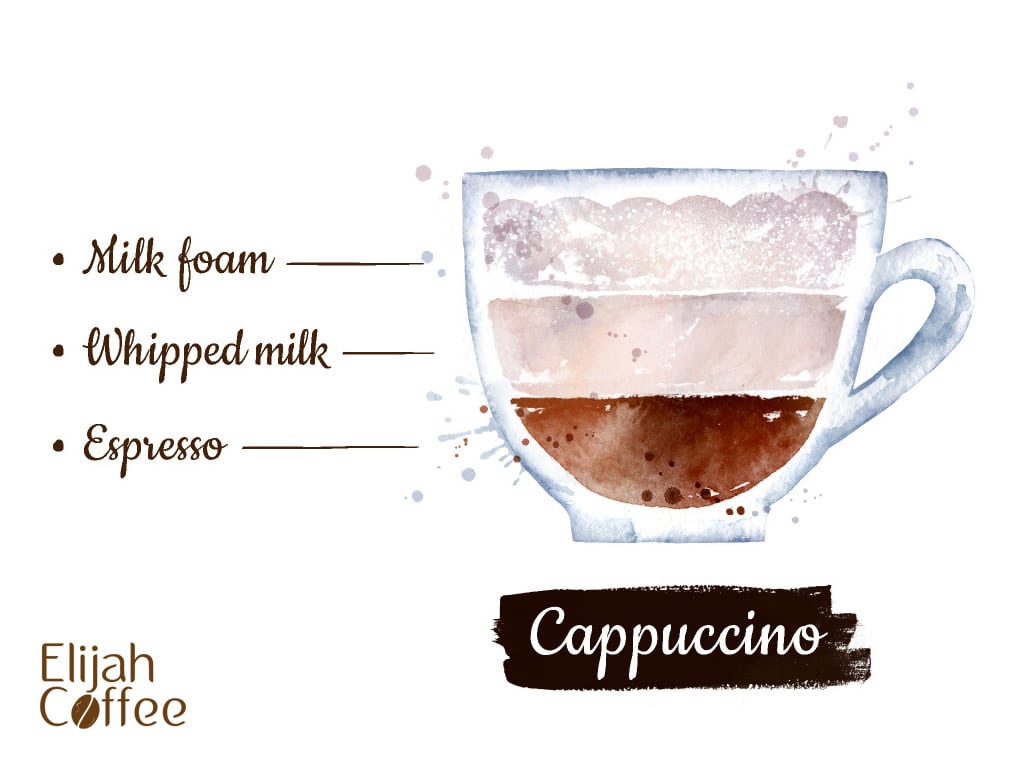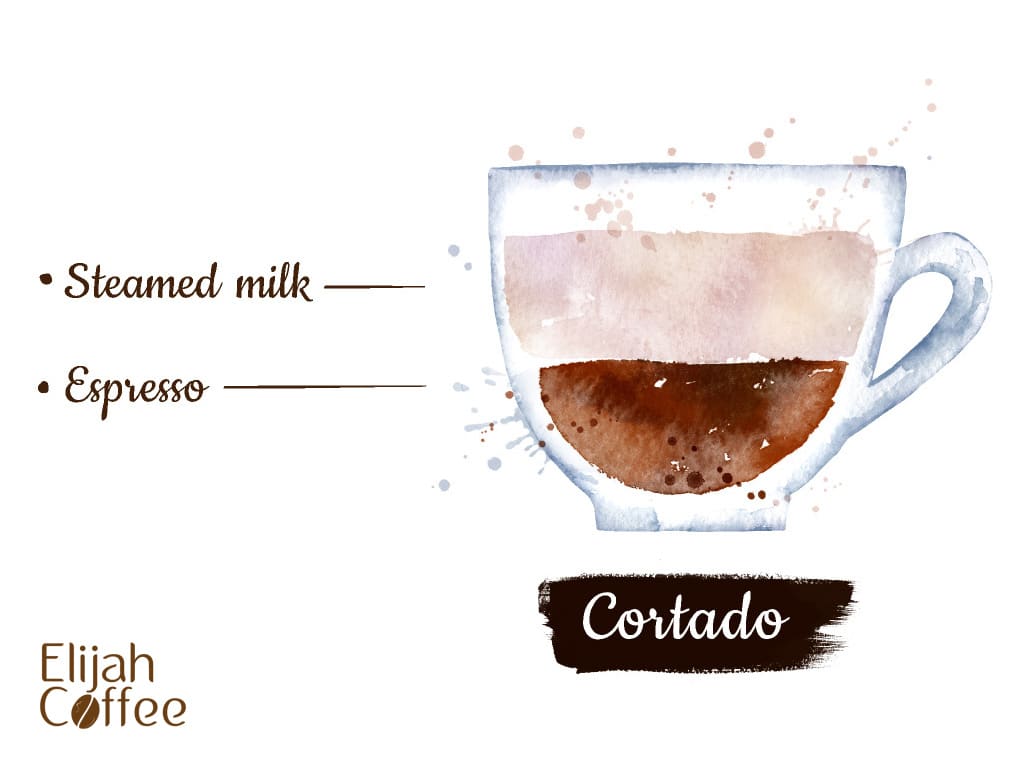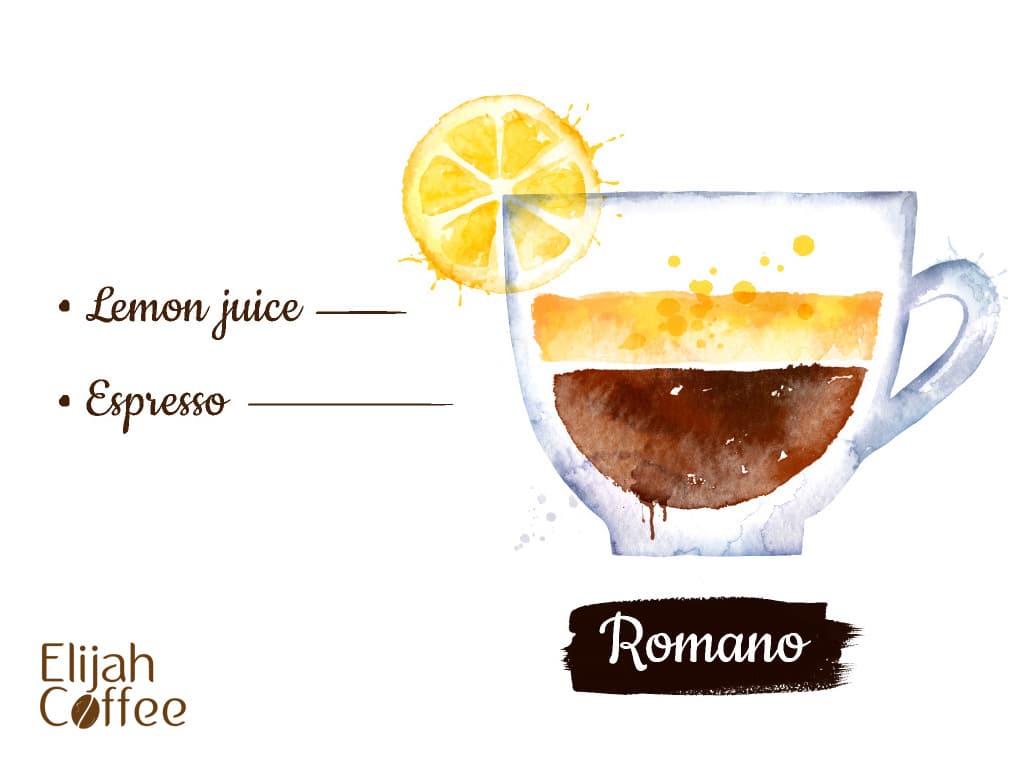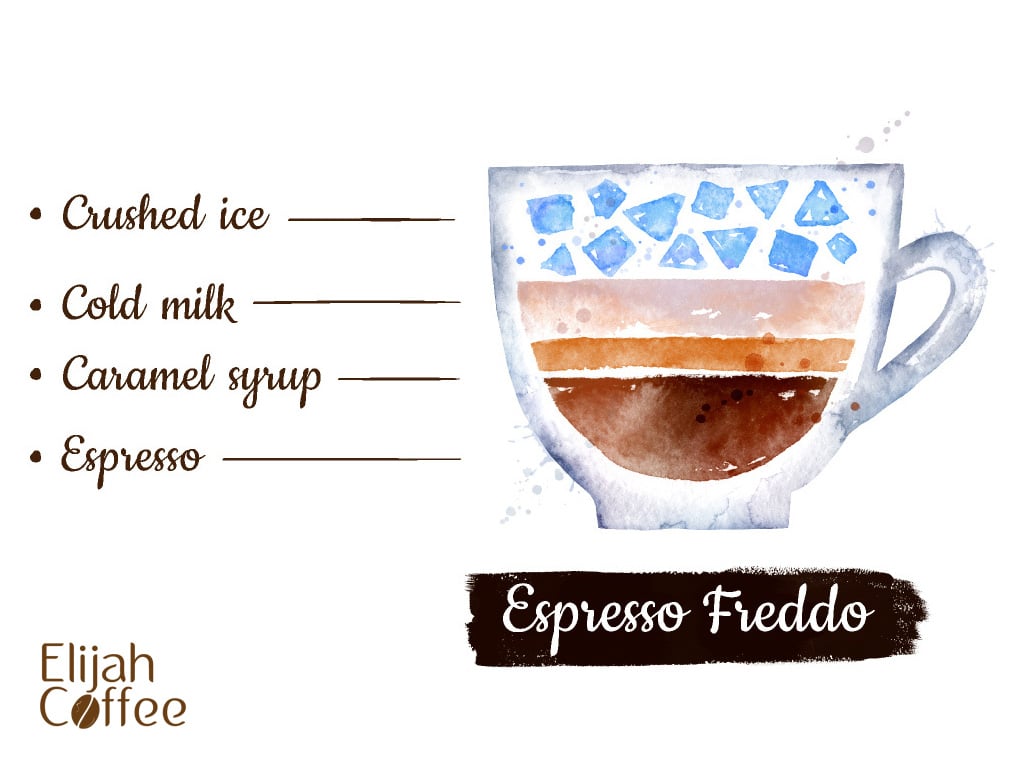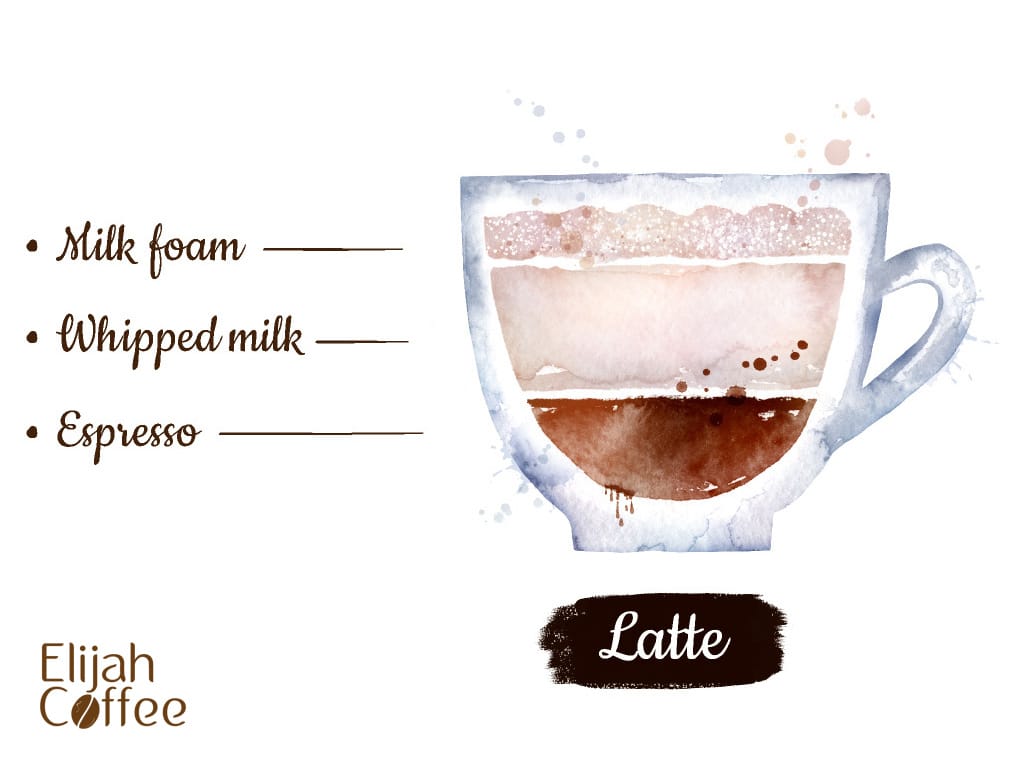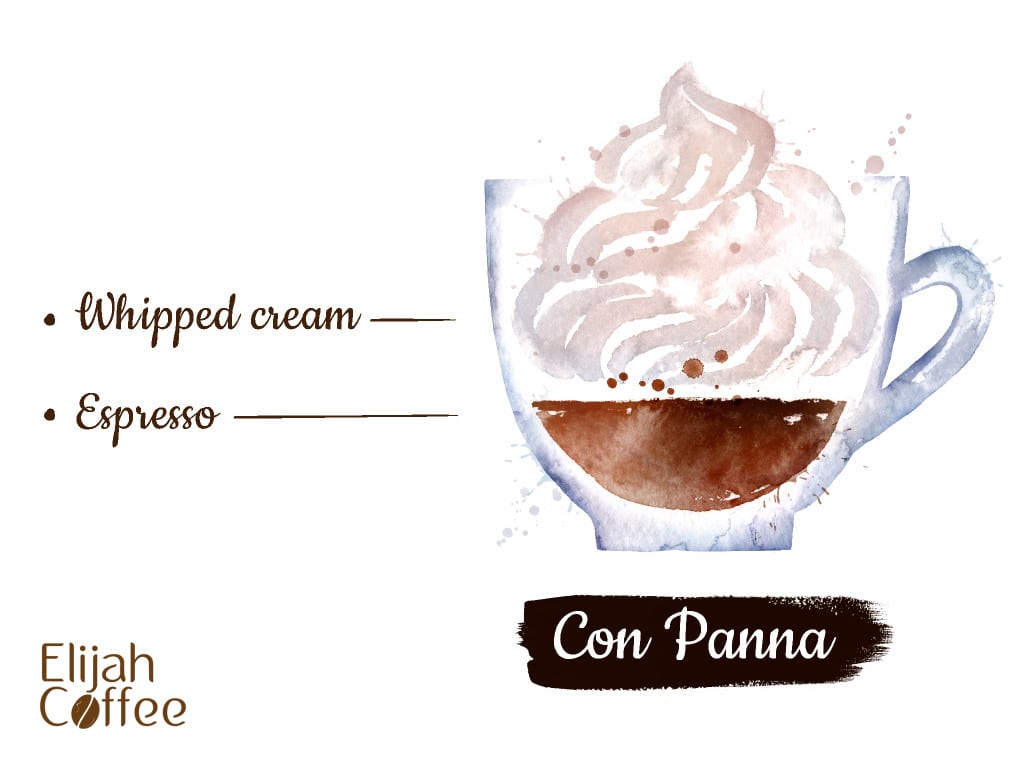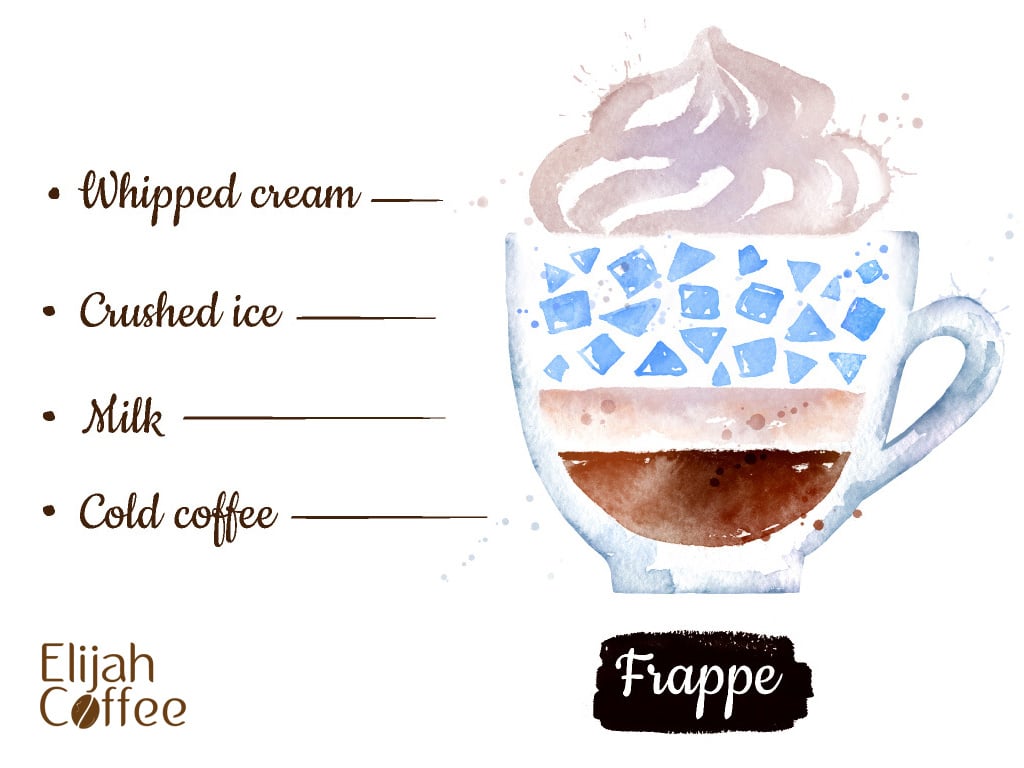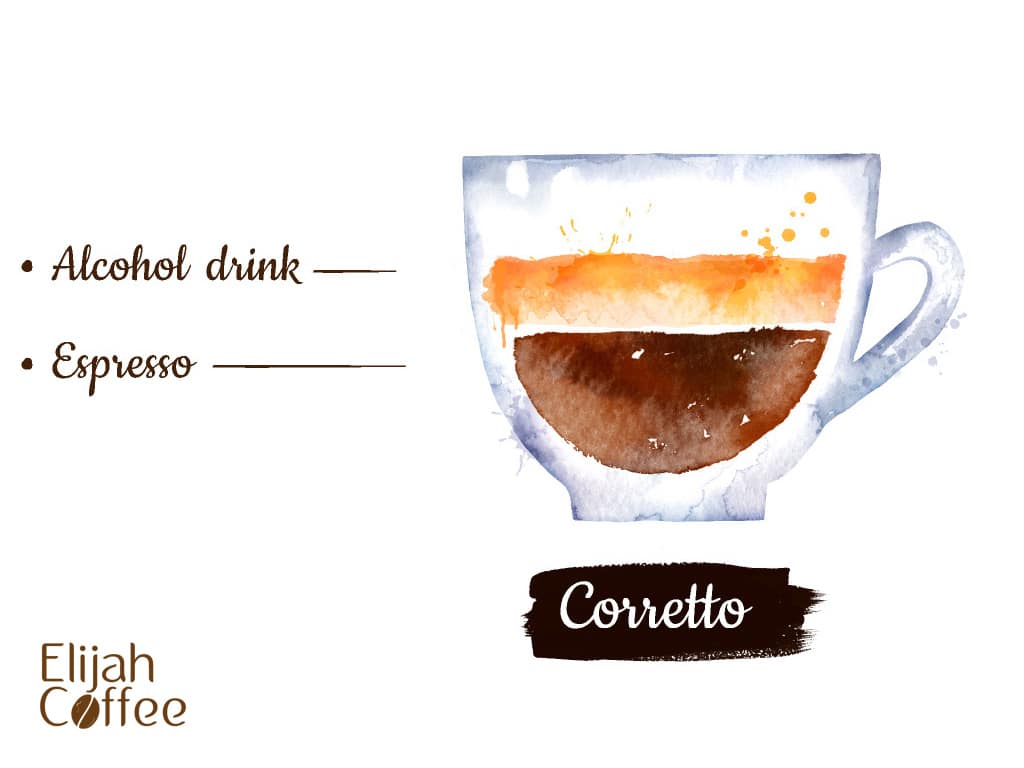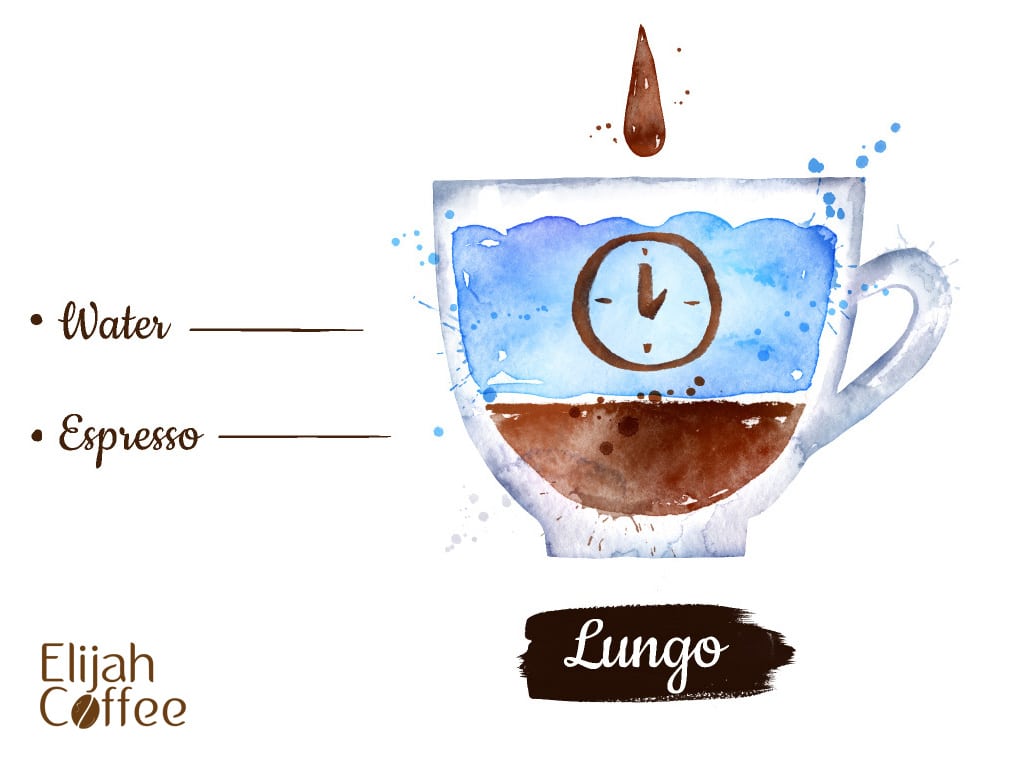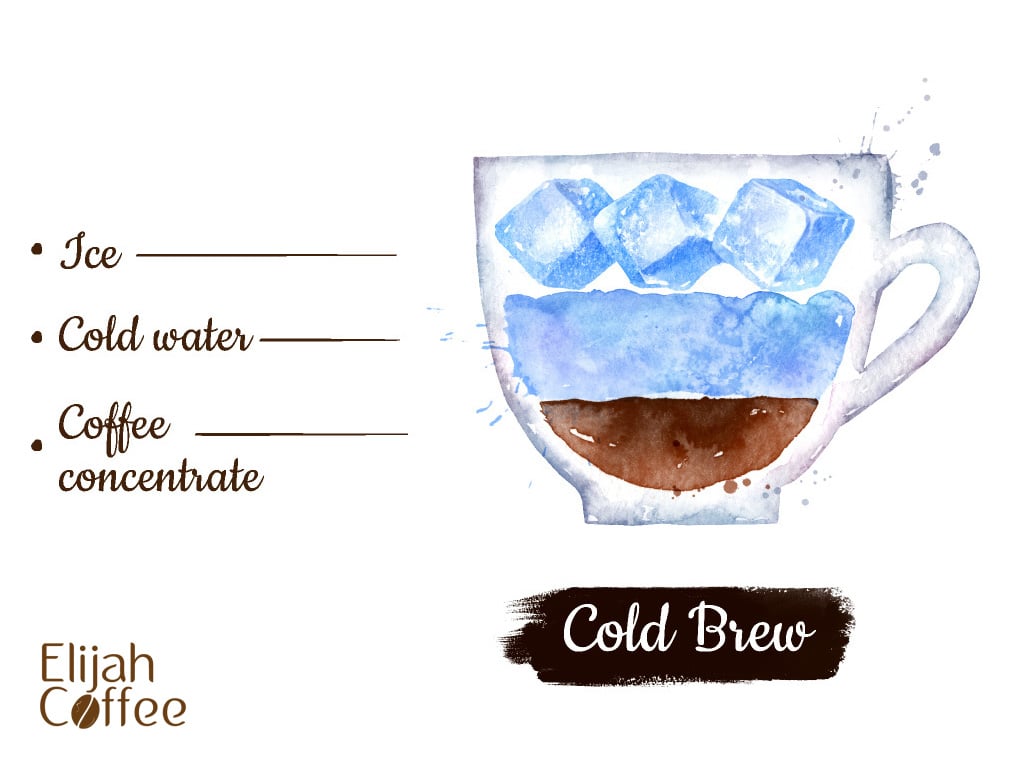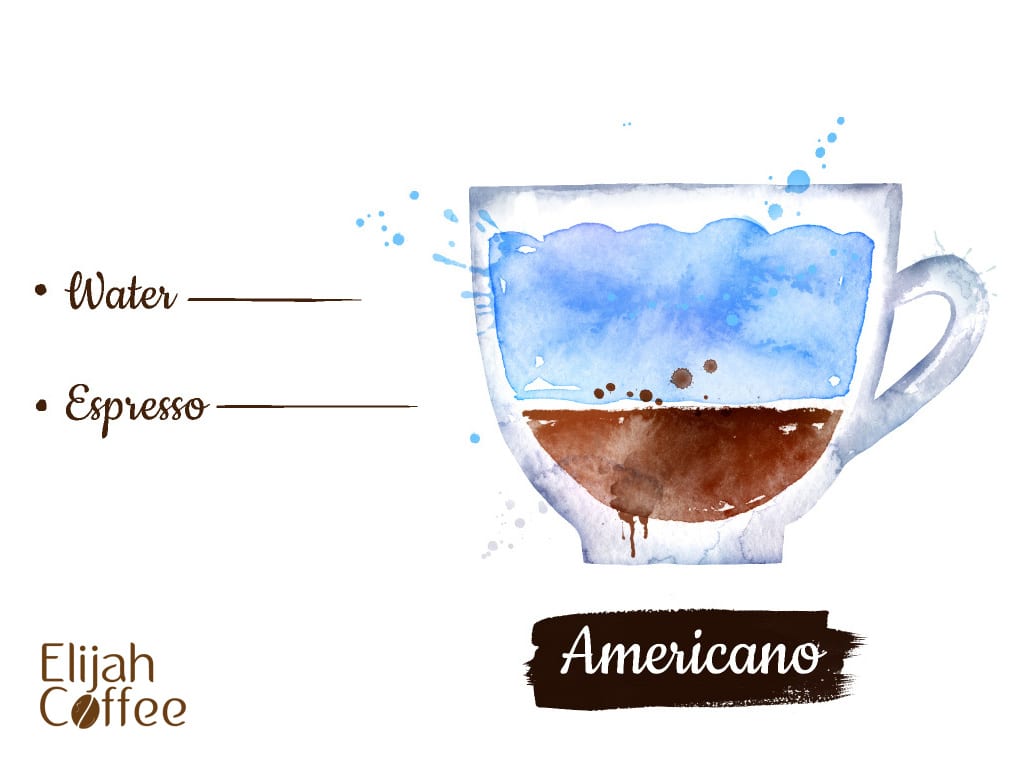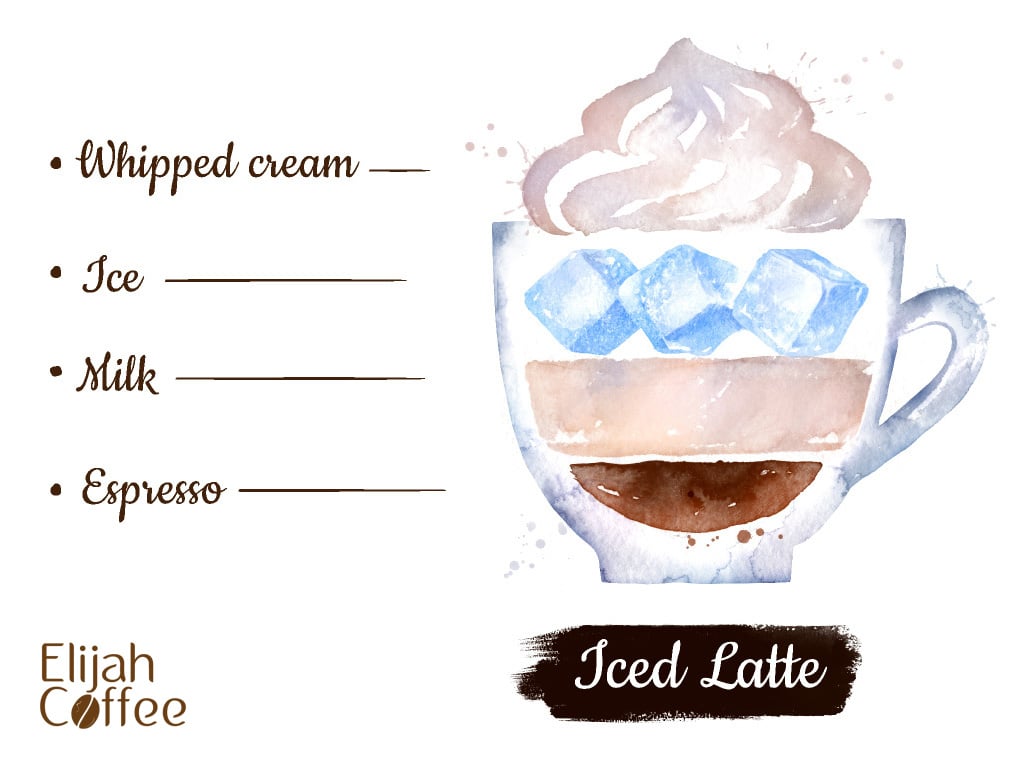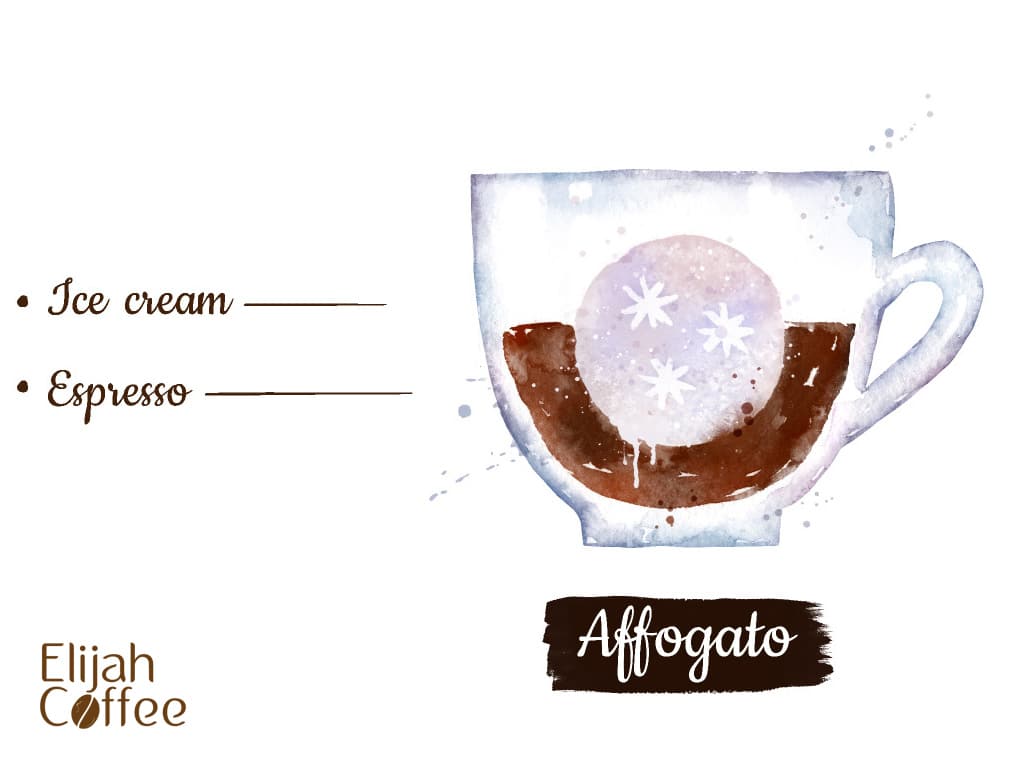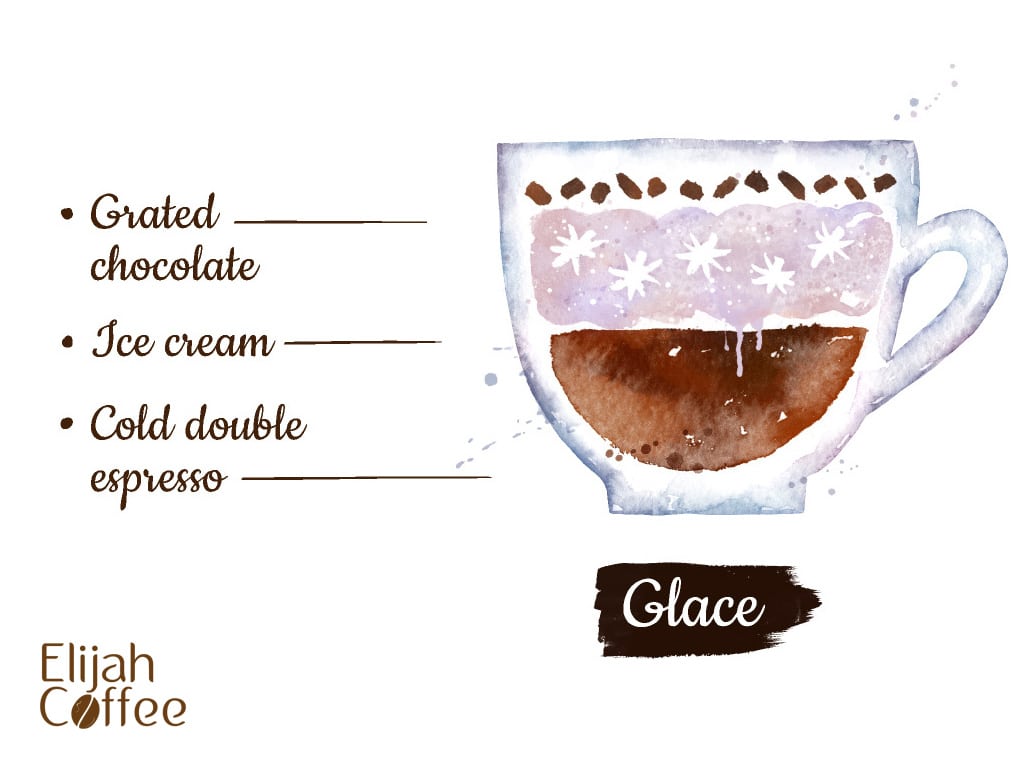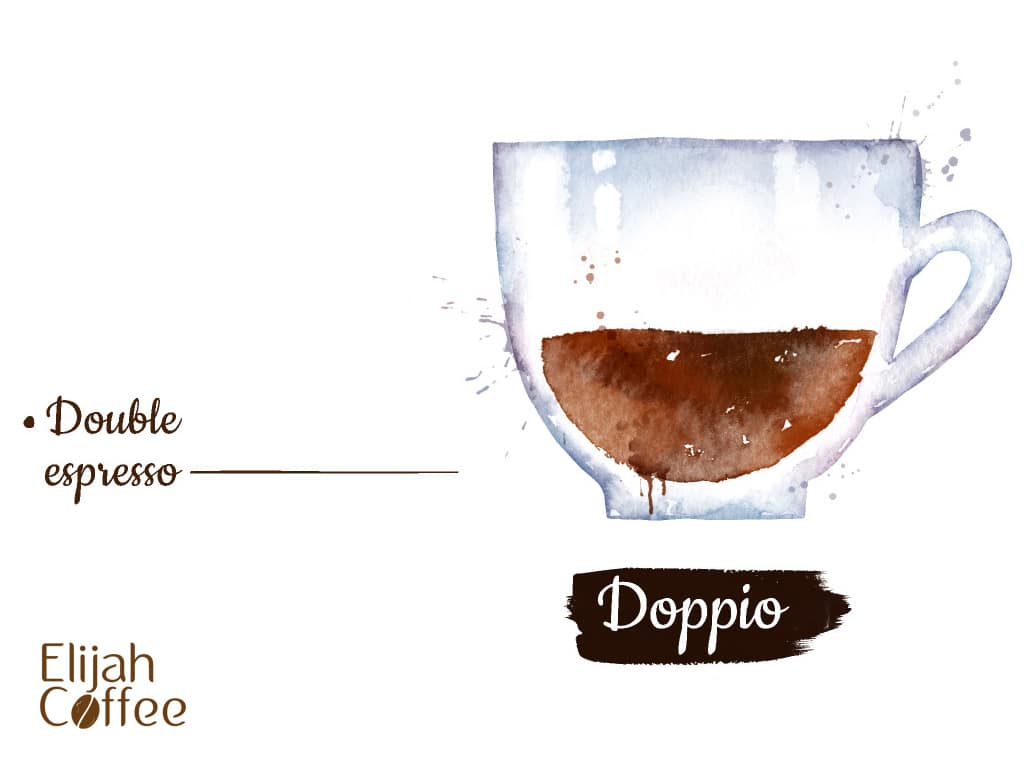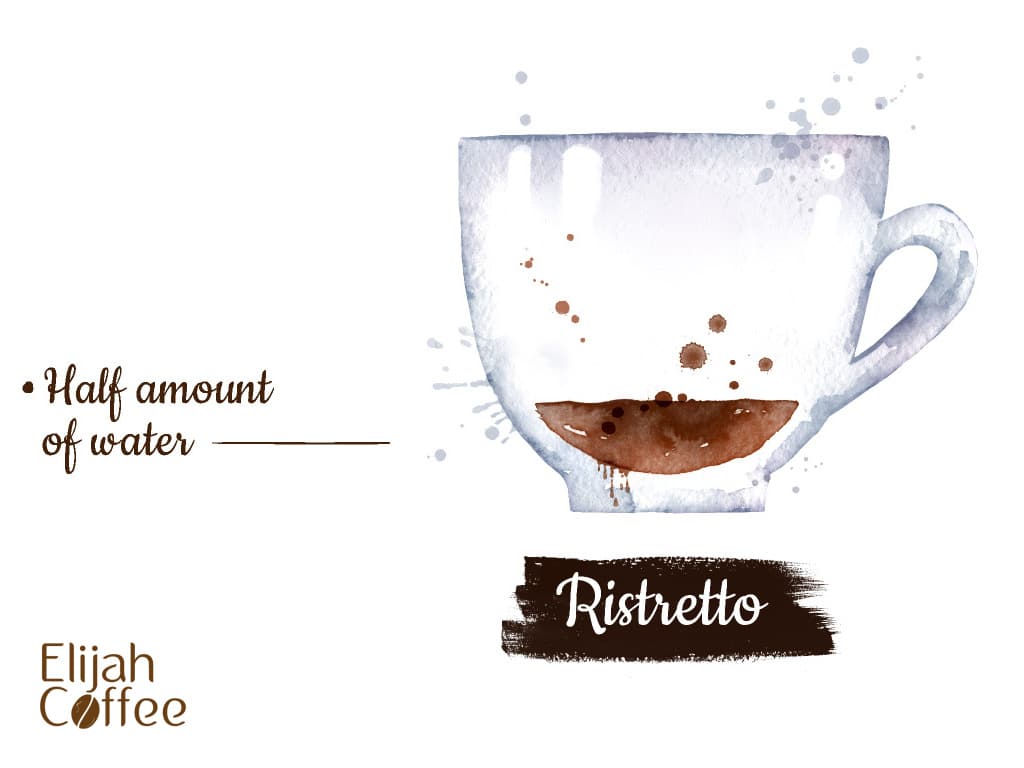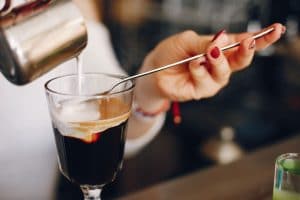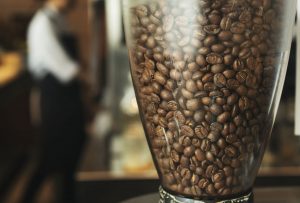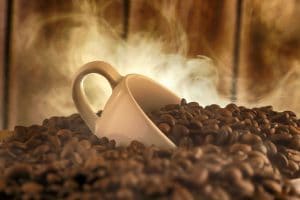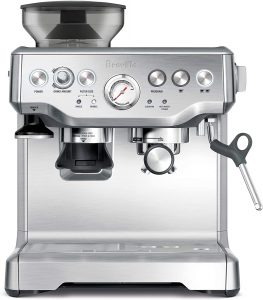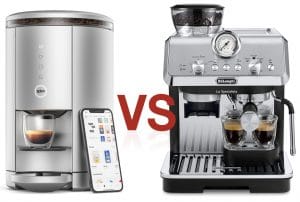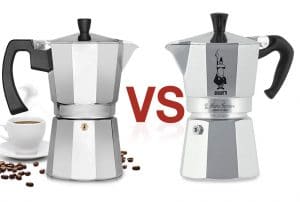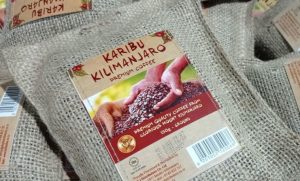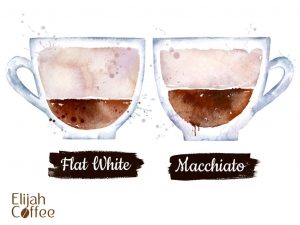Coffee beans that have been burned lose flavor and other properties, such as caffeine content, exactly like food that has been scorched. In other words, as the coffee grows darker, the taste and caffeine concentration diminishes.
However, this variation in caffeine levels is only accurate in the case of volume—caffeine content in relation to bean size. Lighter and darker roast coffee has the same caffeine dosage per cup.
Which Coffee Roast is Strongest?
Although there is a variation in caffeine levels, it is little and depends on how you measure your coffee. If you measure your coffee by scoops, you’ll see that light roast has more caffeine. Because the beans are denser than those used in a dark roast. If you weigh your scoops, they will have around the same amount of caffeine per cup.
Is a black roast coffee more potent than a light roast?
It seems self-evident that the more coffee beans are roasted, the stronger they will get. You’d be mistaken, however. Lightly roasted coffee beans, on the contrary, have a greater taste and caffeine level than darker-roasted coffee beans.
Traditional coffee is connected with heavier tastes such as charcoal, toast, and an overall burned-ness, which is why this misperception arises. These tastes are overwhelming to the palate, causing many first-time coffee users to throw up.
A coffee bean is the same way. We lose real tastes when the beans roast and get darker, and we substitute them with a generic sensation of burning. It’s not, however, a stronger coffee.
Lighter roasted coffee is more powerful.
On every level, lighter roasted coffee is superior. Fresh coffee beans that are cooked lighter will have greater ‘origin tastes,’ depending on circumstances such as the kind of beans, the place where it was harvested, and the processing technique used.
Several specialty coffees stay lighter in color and flavor. When coffee beans are roasted, up to ninety percent of their h2O content is dissipated. Lighter roasted coffee is denser in terms of caffeine, and as a result, it maintains more minerals and nutrients, including caffeine.
Brewing produces strong coffee.
If you roasted a coffee until it’s as dark as night, you’ll dissipate most of the caffeine and a lot of the flavor. But you’ll still get tastes, and it’ll still be on a strength scale when you brew it.
The darkness or lightness with which you roasted your beans has little bearing on the strength of your coffee. It all boils down to the brewing proportions. If you pour too much water into your coffee grinds, for example, the flavor will be diluted and the coffee will taste like filthy water. If you use too little coffee, you’ll be chewing it for hours.
As a result, the strength of your coffee is decided on how you make your own cup rather than how your beans are roasted. If you get the water and coffee ratio correct, you can have a cup of coffee that is as weak or strong as you want.
Many people believe that because dark roast has a stronger flavor, it contains more caffeine
Because the coffee beans have been roasting for a different period of time at a different temperature, black roast coffee has a harsher, more bitter flavor than light roast coffee. Some individuals mistakenly believe that a stronger flavor indicates a higher caffeine level when, in fact, the reverse is true.



